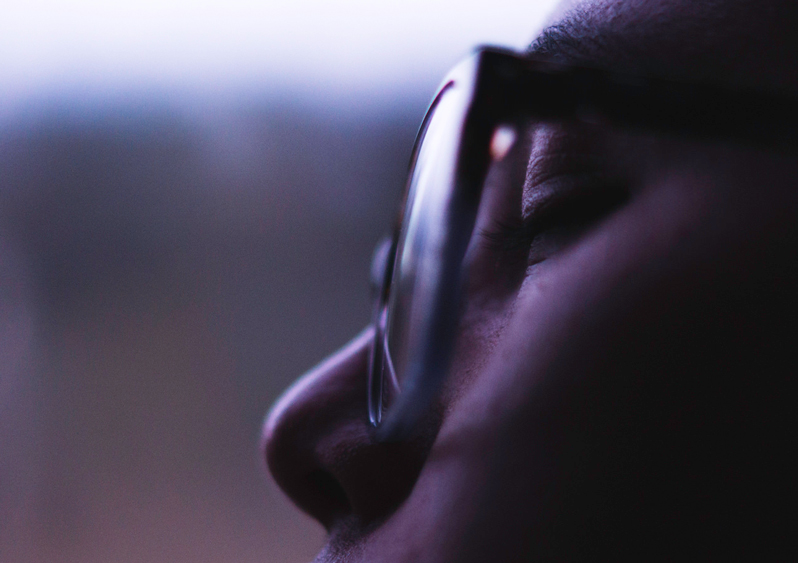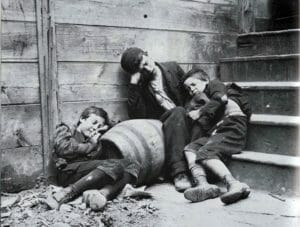Lower Sleep Quality for African-Americans May Link to Illness
"Less efficient" sleep might explain racial disparities in the risk for certain diseases, especially in women. Marcos Guevara Rivera / CC BY-NC-ND 2.0
Marcos Guevara Rivera / CC BY-NC-ND 2.0
A new study tries to narrow down the reasons behind racial disparities when it comes to heart disease and other ailments.
From The Atlantic:
David Curtis, a human development researcher at Auburn University, decided to try to determine whether differences in sleep could explain some … racial disparities in cardiometabolic diseases. He and researchers from Northwestern University and the University of Wisconsin recruited 426 white and African American men and women and equipped them with Fitbit-type devices that can monitor sleep. They took some biological measurements, such as blood pressure, waist circumference, and insulin resistance, and then measured how long they slept each night for seven nights. It wasn’t enough just to be in bed: The wrist-bands they wore also measured how often the participants woke up in the night.
In the resulting study, published [recently] in the Proceedings of the National Academy of Sciences, they found that African-Americans got about 40 minutes less sleep each night than the white participants did, and their sleep was about 10 percent less “efficient”—meaning they were more likely to wake up in the middle of the night or to have a hard time falling asleep. They also had higher biological risk factors for cardiovascular disease—things like higher blood pressure and a larger waist circumference. But the most surprising thing was how those two were related: According to their model, about half of the racial difference in cardiometabolic disease risk could be explained by the sleep deprivation among African Americans—and really, only explained by sleep deprivation among black women, not men. When they looked at the data by sex, the relationship was only significant for the women in the sample.
… So what’s causing these racial differences in sleep time and quality? This study doesn’t say, but based on past research, Curtis speculates that it could be neighborhood crime or economic stress. People don’t feel safe in their neighborhoods, or they feel too worried about money to sleep. In past studies, Curtis and his colleagues have found that people in disadvantaged neighborhoods are more likely to wake up in the night, and in many major cities black families are more likely than white families to live in concentrated poverty. Perceived racial discrimination is also associated with sleep disturbances.
— Posted by Natasha Hakimi Zapata
Your support matters…Independent journalism is under threat and overshadowed by heavily funded mainstream media.
You can help level the playing field. Become a member.
Your tax-deductible contribution keeps us digging beneath the headlines to give you thought-provoking, investigative reporting and analysis that unearths what's really happening- without compromise.
Give today to support our courageous, independent journalists.







You need to be a supporter to comment.
There are currently no responses to this article.
Be the first to respond.